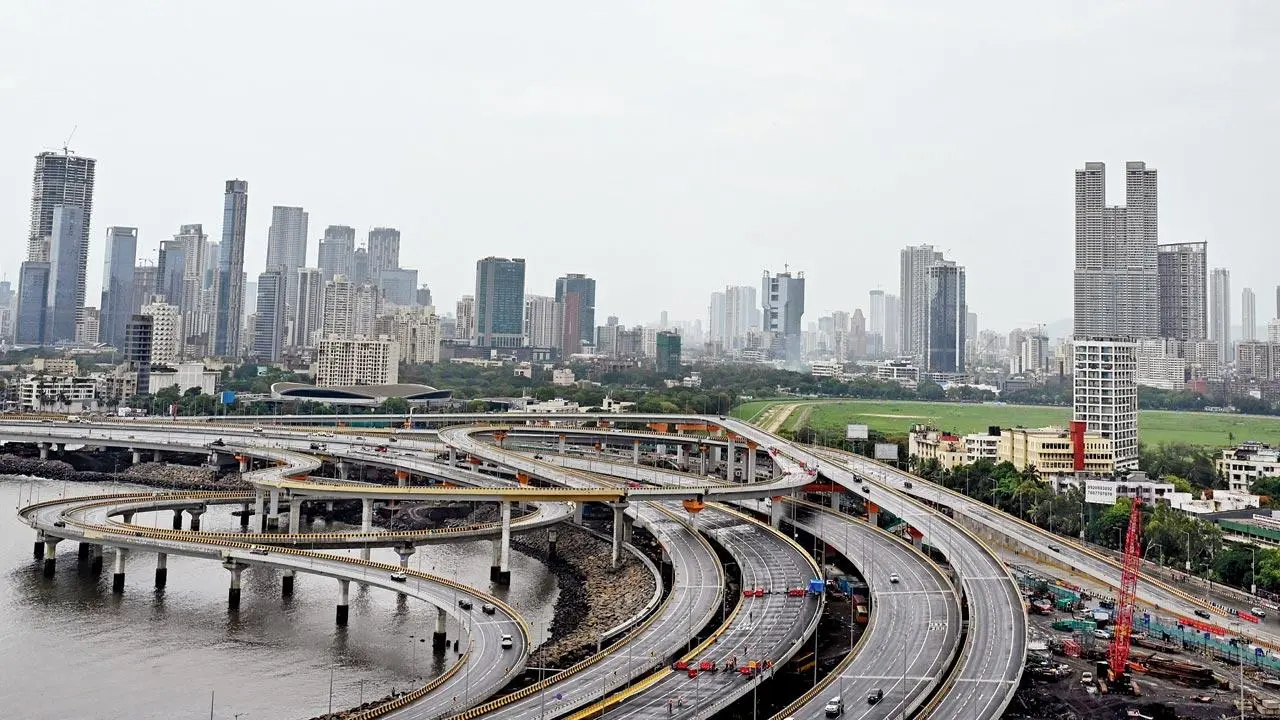MCZMA’s Coastal Road Hoarding Approval Sparks Debate
In a significant yet contentious development, the Maharashtra Coastal Zone Management Authority (MCZMA) has granted approval for the installation of advertising hoardings along Mumbai’s coastal road, despite mounting opposition from environmental activists, local residents, and political groups. The decision has sparked an intense debate, with many questioning its potential impact on the environment.
The MCZMA recently gave the green light to the Brihanmumbai Municipal Corporation’s (BMC) proposal to place hoardings at three prominent locations in South Mumbai: Tata Garden, Amazon Garden, and Lala Lajpatrai Garden. These strategically located billboards are expected to generate significant revenue, with estimates suggesting that they could bring in around ₹1 crore per month for the civic body. However, the decision has not been met without resistance. Environmental advocates have raised red flags, accusing the approval of being in violation of previously established norms. Notably, Nicholas Almeida, a prominent activist, pointed out that the decision contravenes Condition No. A(vi) of the Environmental Clearance granted on 11th May 2017 by the Ministry of Environment, Forests, and Climate Change (MoEF&CC). This condition specifically prohibits the use of reclaimed land for residential or commercial purposes, which, according to Almeida, includes the installation of such hoardings.
Further fuelling the opposition, Godfrey Pimenta of the WatchDog Foundation has written a letter to the MoEF, urging them to impose a stay on the project. He expressed concerns that the hoardings’ placement could lead to further violations of environmental protection laws. In response to these concerns, a senior official from the BMC has defended the proposal, clarifying that since the hoardings are to be placed on the landward side of the road and on existing structures, they do not violate the Coastal Regulation Zone (CRZ) norms. The official emphasized that the BMC would be responsible for ensuring compliance with the stipulated conditions. Despite the BMC’s assurances, the controversy surrounding the approval remains unresolved, with many urging the MoEF to review the decision and ensure that environmental standards are upheld. The outcome of this case could set a crucial precedent for future infrastructure and development projects along Mumbai’s iconic coastal stretch.


